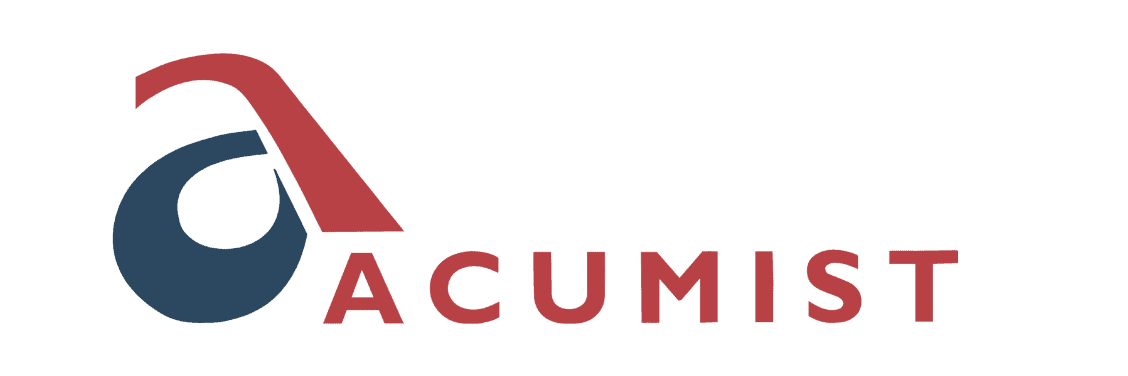
As the cost-of-living continues to rise, small businesses are feeling the impact deeply, hitting both their personal and business budgets, as well as their employees.
With soaring energy prices, rising inflation, good shortages and supply chain issues businesses have been hit hard. And all this is coupled with the very real concern that trade could drop off if people are forced to cut back their spending.
Hunt’s first Autumn Budget
Over the last few months, we have seen many tax changes announced and mostly all of them repealed under the new PM’s leadership.
In the Autumn Statement on 17th November 2022, we saw the Government announce several tax changes. Here’s a roundup of the latest changes:
Changes affecting business owner and employees:
- Freezing of income tax and national insurance rates/ thresholds until April 2028.
- Reducing the threshold for when you pay 45% tax (from £150,000 to £125,140) from April 2023.
- Reduction in the tax-free dividend allowance from April 2023 (£2,000 to £1,000).
- Reduction in NIC paid by 1.25% from 6th November 2022 – saving money on salary and benefits.
- Increase in SDLT thresholds for buyers and first-time buyers from 23rd September 2022. These rates will continue until 31stMarch 2025.
Changes affecting the business:
- Reduction in tax relief for SME’s claiming for qualifying R&D projects – from 130% to 86% and reducing the loss surrenderable tax credit from 14.5% to 10%.
- Reduction in staff costs by 1.25% (NIC) from 6 November 2022 – saving money on employing staff.
- Increase in corporation tax from 19% to 25% in April 2023. Companies with profits between £50-250k will pay 19-25%, whist companies with profits over £250k will pay 25%.
- Freeze on employer NIC rates and the employment allowance.
- Confirmation that the Annual Investment Allowance for Capital Allowances will continue to remain at £1m post April 2023 when the 130% super deduction ends.
- Increase in SEIS investor funding limits from April 2023 from £100k to £200k – allowing eligible businesses to raise more cash which gives investors favourable tax relief.
- Increase in limit on Company Share Option Plans from £30k to £60k from April 2023.
- Only a small number of these measures guarantee lower tax costs for businesses compared what we originally expected when we had the Mini Budget in September.
But what else can businesses do?
Tax advice and tax reliefs is an area often overlooked when businesses are experiencing financial hardship. But tax is a very real cost to businesses and any opportunities to save it should be explored. Not to mention the many ways businesses can look to support employees’ tax efficiently without resorting to increasing wages.
There are many tax efficient ways business owners can look to get more cash back into their business and ease the cost-of-living burden personally and for their employees.

| Innovation tax reliefs | Claim back up to £33 (up to £21.50 after April 2023) for every £100 spent via R&D Tax Relief / claim back up to £90 for every £100 spent via Creative Tax Relief / save 10% in corporation tax on patent box relief claim. |
| Funding | Up to £50k back on SEIS funding for investors / up to £300k back on EIS funding for investors / receive up to £1k in interest on business owner loan without paying income tax. |
| VAT | VAT registration – save 20% in VAT on purchases or VAT deregistration – save your customers 20% on VAT on their purchases. |
| Investments | Receive an extra 30% for investments that are eligible under the capital allowances super deduction until 31st March 2023. |
| Losses | Limited companies that have made trading losses can carry them back over the last three years and get a refund for 19% (or up to 25% for profits over £250k from April 2023) corporation tax already paid. |
| Pensions | Pension contributions are tax-deductible so result in a 19% (or up to 25% for profits over £250k from April 2023) corporation tax saving. Pay up to £40k per year into pension saving c.£16.8k for a 40% taxpayer. |
| Employee incentives & expenses | There are numerous tax efficient benefits and business expenses personally paid for to explore to help boost personal funds from trivial benefits to points reward cards. |
| Employee loan | If a business has available cashflow, it can be a good way toincentivise the business owner and employees by offering up to £10k loans, interest free. |
If you are a business owner, valuable tax savings could help with the steep increase in costs your business is experiencing right now, along with many tax reliefs and incentives that could ease the cost-of-living burden for you and your employees.
Don’t ignore the opportunity
Work with us, or your Accountants and Advisers, but don’t ignore this opportunity. Take a good look at the visual to see if anything feels relevant to you.
If there is even the smallest chance something might be relevant, get in touch and let’s talk through how we could help.






About The Author: Chris
More posts by Chris